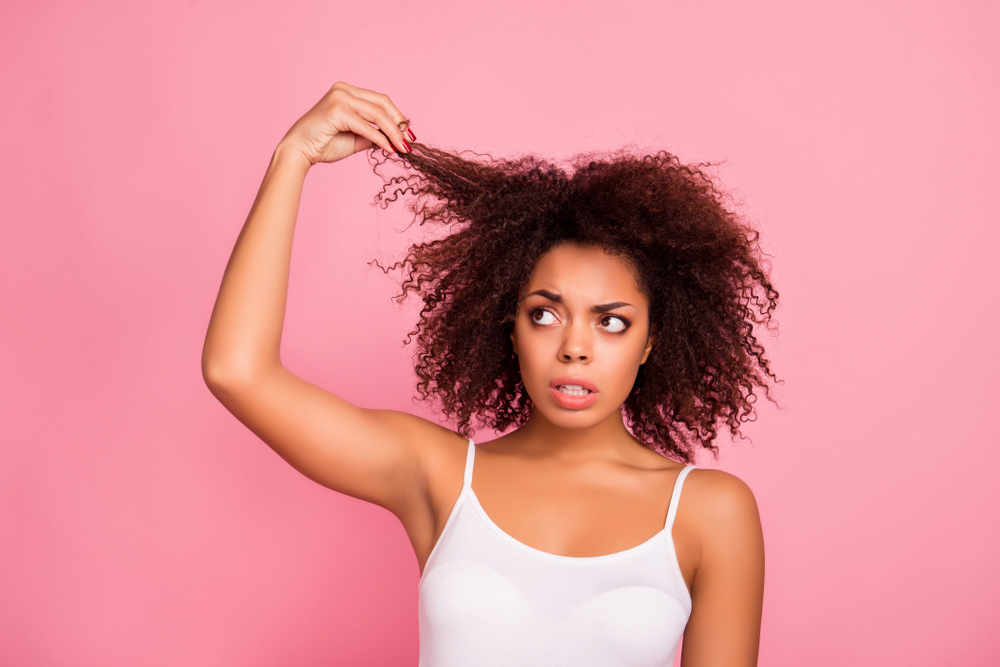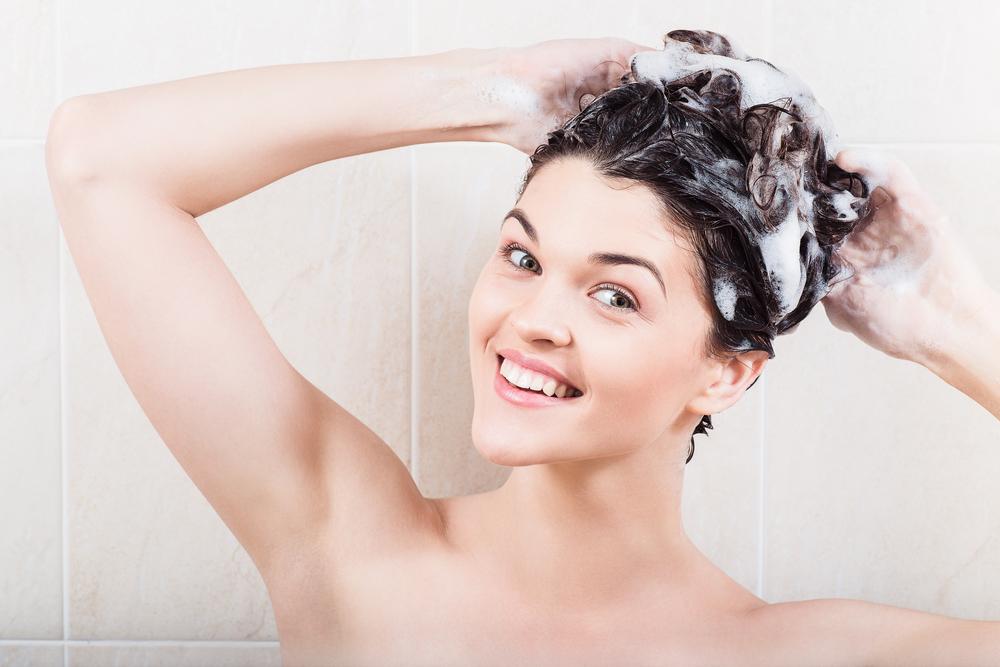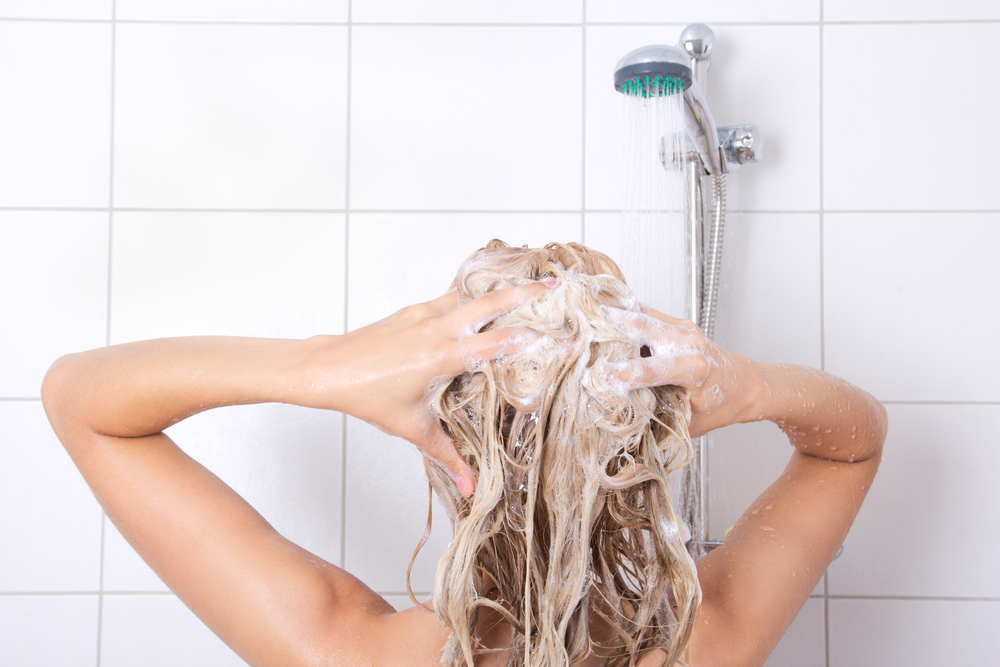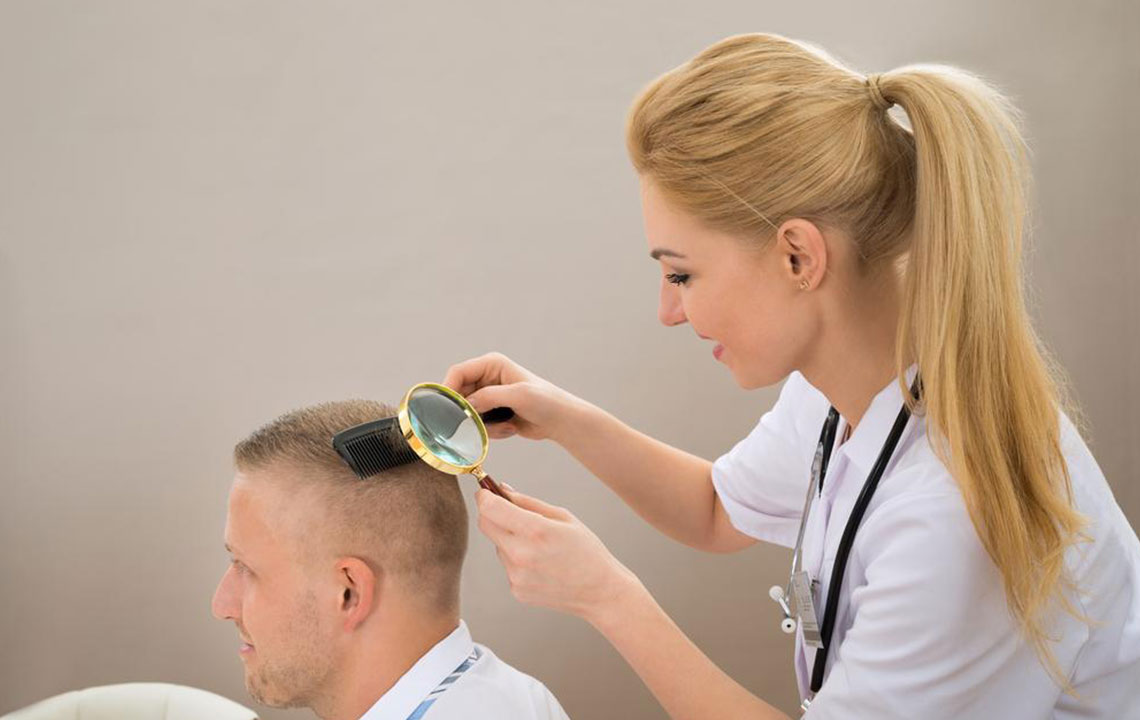How to Choose the Best Hydrating Shampoo for Dry Hair: An In-Depth Guide
Discover how to select the best hydrating shampoo for dry hair with our comprehensive guide. Learn about key ingredients, the importance of sulfate-free formulas, nourishing oils, conditioning agents, and pH balance to restore moisture, shine, and health. Whether your scalp is dry or your hair feels brittle, this guide helps you choose products that strengthen and revitalize your hair for a softer, smoother, and more manageable look. Improve your hair care routine today for long-lasting hydration and vitality.

Comprehensive Guide to Selecting the Ideal Moisturizing Shampoo for Dry, Brittle Hair
Having dry, brittle, or dull hair can significantly impact your overall appearance and confidence. Lack of moisture makes hair more susceptible to breakage, frizz, and damage, leading to a lifeless look that can be hard to restore. Fortunately, the right shampoo designed specifically for dry hair can reverse these effects, restoring your hair’s natural shine, softness, and health. With thousands of products available on the market, choosing the most suitable hydrating shampoo can feel overwhelming. This detailed guide aims to help you navigate the options by understanding key ingredients, formulation features, and considerations to make an informed choice.
Why Choosing the Right Shampoo Matters for Dry Hair
Dry hair often results from environmental factors such as exposure to harsh weather, excessive heat styling, frequent washing, or chemical treatments. It is characterized by a rough texture, increased frizz, and a lack of vitality. Many commercial shampoos contain harsh sulfates and alcohols that exacerbate dryness by stripping the scalp of its natural oils. Consequently, selecting a gentle, nourishing shampoo is essential to restore moisture balance and promote healthier hair growth. Maintaining a proper routine with the right hair care products can profoundly impact the overall health and appearance of your hair.
Key Strategies for Selecting Your Hydrating Shampoo
In this section, we delve into the essential criteria that make an excellent shampoo for dry hair. By paying attention to these features, you can choose products that deliver optimal hydration and restoration.
Sulfate-Free Formulas
Sulfates such as sodium lauryl sulfate and sodium laureth sulfate are common foaming agents in many shampoos. While they create that classic lather, they also strip away natural oils from your scalp and hair shaft. For dry hair, this can lead to further dehydration and breakage. Opt for sulfate-free shampoos; they cleanse gently without disturbing your hair's moisture barrier. These formulas help preserve natural oils and improve scalp health over time.
Moisturizing and Nourishing Ingredients
Look for shampoos infused with potent hydrating components. Natural oils and butters like shea butter, argan oil, avocado oil, and glycerin are exceptional choices. Shea butter offers deep nourishment and helps lock in moisture, while argan oil replenishes lipid layers, making hair softer and shinier. Glycerin, a humectant, attracts water from the environment to your hair strands, boosting hydration levels significantly. Incorporating these ingredients helps transform rough, frizzy hair into silky, smooth tresses.
Essential Oils for Additional Benefits
Formulas enriched with essential oils like coconut, jojoba, olive, or hemp seed oil can provide additional nourishment and scalp health benefits. These oils closely mimic your scalp’s natural sebum, replenishing moisture and improving elasticity. Using shampoos with these botanical oils can result in healthier, more resilient hair, while also providing a pleasant aroma and relaxing experience during your wash routine.
Conditioning and Sealing Agents
Effective hydrating shampoos often contain conditioning agents such as cyclomethicone, dimethicone, guar hydroxypropyltrimonium chloride, or polyquaternium compounds. These ingredients work by coating the hair cuticle, sealing in moisture, adding shine, and reducing frizz. They also make hair easier to detangle and style, minimizing breakage and damage. When selecting a shampoo, check for these conditioning agents if you want enhanced manageability and a sleek look.
Optimal pH Level for Hair Health
The pH level of shampoos plays a crucial role in maintaining hair integrity. Slightly acidic shampoos with a pH around 4.5 to 5.5 help keep the hair cuticle closed, locking in moisture and preventing damage. Low pH formulas are gentler, especially on fragile, dry hair, and can help restore the natural pH balance that might be disrupted by harsh cleansers. Always verify the pH level and prefer products labeled for sensitive or dry hair.
Scalp Condition and Special Needs
If your scalp is dry, flaky, or itchy, choose moisturizing shampoos that provide soothing ingredients. Tea tree oil, menthol, and aloe vera are excellent for calming irritation and hydrating the scalp. Avoid clarifying or volumizing shampoos that tend to strip away moisture and exacerbate dryness. For moderate to severe scalp dryness, specialized treatments like Nioxin or medicated shampoos recommended by dermatologists can deliver targeted relief and improved scalp health.
In addition to selecting the right shampoo, adopting a healthy hair care routine is essential. Complement your shampoo with nourishing conditioners, hair masks, and proper nutrition. Drinking plenty of water, eating a balanced diet rich in vitamins and minerals, and minimizing heat styling help maintain vibrant, resilient hair over time.
By understanding the ingredients and formulation nuances of hydrating shampoos, you can make informed decisions that positively impact your hair's health. Remember, consistency is key—using suitable products regularly will yield the best results in restoring moisture and vitality to your dry, brittle hair.





